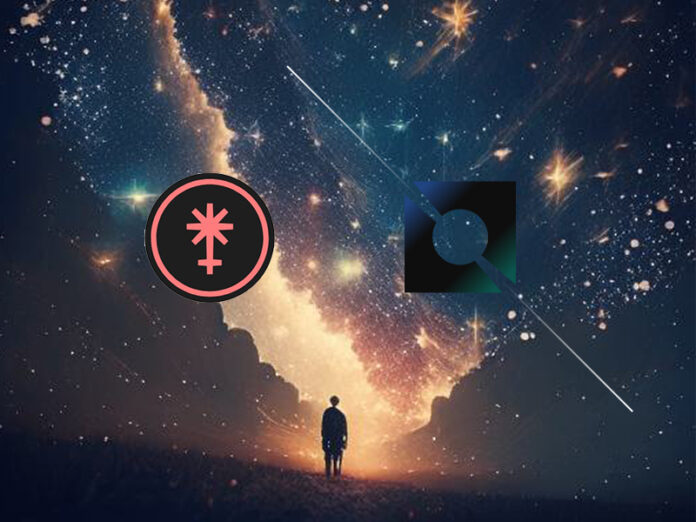The Cosmos Ecosystem has seen significant developments in the smart contract blockchain space, with Juno and Neutron aiming to provide secure and scalable platforms for DeFi applications. Both Juno and Neutron allow developers to build decentralized applications (dApps) using smart contracts, which are self-executing contracts with the terms of the agreement being directly written into lines of code.
One of the significant advantages of the Cosmos Ecosystem is its low transaction fees compared to other blockchain networks. Ethereum, for example, has been plagued by high gas fees, which have made it difficult for smaller investors to participate in DeFi applications. In contrast, the Cosmos Ecosystem’s low fees make it more accessible to a broader range of investors.
Juno’s smart contracts went live on December 15th, 2021, and feature over 50 dApps, tools, contracts and NFT collections, while Neutron launched more recently on May 10th, 2023. Juno uses its native token, JUNO, for security, while Neutron is using Atom shared security. This means that Neutron is secured by the same validators that secure the Atom blockchain with an agreement to give part of the transaction fees generated to stakers of Atom. Juno is developing their own version of shared security called Mesh Security, which will allow stakers of Juno to receive other tokens from across the Interchain.
While Juno and Neutron may differ in their specific features and security mechanisms, their overall purpose is the same. They both provide a secure and scalable platform for DeFi applications, allowing developers to build dApps using smart contracts.
As Juno and Neutron continue to evolve, it will be interesting to see how they impact the broader blockchain ecosystem. Judging from Twitter, the blockchain community eagerly awaits the potential that both chains hold for the future of DeFi. With Juno’s smart contracts already live and a major revamp in the works and Neutron’s launch using Atom shared security, the future looks bright for the Cosmos Ecosystem’s smart contract blockchain space.





